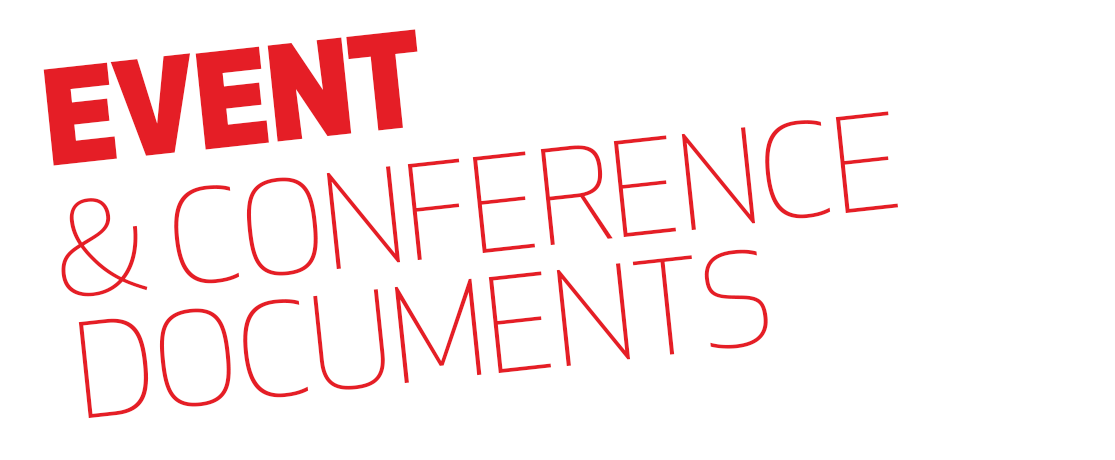
Global Governance of Education and Training and the Politics of Data
NORRAG held a scoping workshop on “Global Governance of Education and Training and the Politics of Data”, on 16-17 June 2014 at the Graduate Institute of International and Development Studies (IHEID), Geneva. The workshop aimed at defining the contours and contents of a possible Research and Policy Dialogue Framework on the global governance of education and training. The framework intends to fulfil the two objectives of NORRAG:
- To stimulate and disseminate timely, innovative, critical analysis
- To broker knowledge at the interface between research, policy and practice.
The workshop gathered a group of twenty international experts reflecting the diverse constituencies of NORRAG: researchers, practitioners and policy-makers from different regions of the world (see Appendix). The workshop was structured around four sessions, each of which had a specific aim, namely:
- To set the stage through a general discussion on the concept of global governance and the ongoing transformations in the fields of education and training
- To share perspectives on the main issues at stake in different thematic areas and identify knowledge gaps
- To reflect on the interconnections between the different thematic areas and define 2 or 3 topics of priority for the framework
- To discuss the next steps for establishing a framework and explore participants’ interest
Through this Workshop Report, we seek to capture the richness of the discussions and reflect the diversity of perspectives expressed. It begins with a synopsis of the issues raised by participants regarding the concept of global governance and its application to the fields of education and training. This focuses in particular on debates related to the meanings and relevance of global governance of education. It includes also a range of contrasting positions on its origins, as well as considerations on the specificities of education with regards to global governance. This synopsis is followed by overviews of the discussions on three thematic areas which emerged as priorities for the framework: i) the representation and power of different actors, ii) the politics of data, and iii) global governance of technical and vocational education and training (TVET). The synthesis concludes with the different options and activities mentioned as a follow-up to the workshop and contributions.
